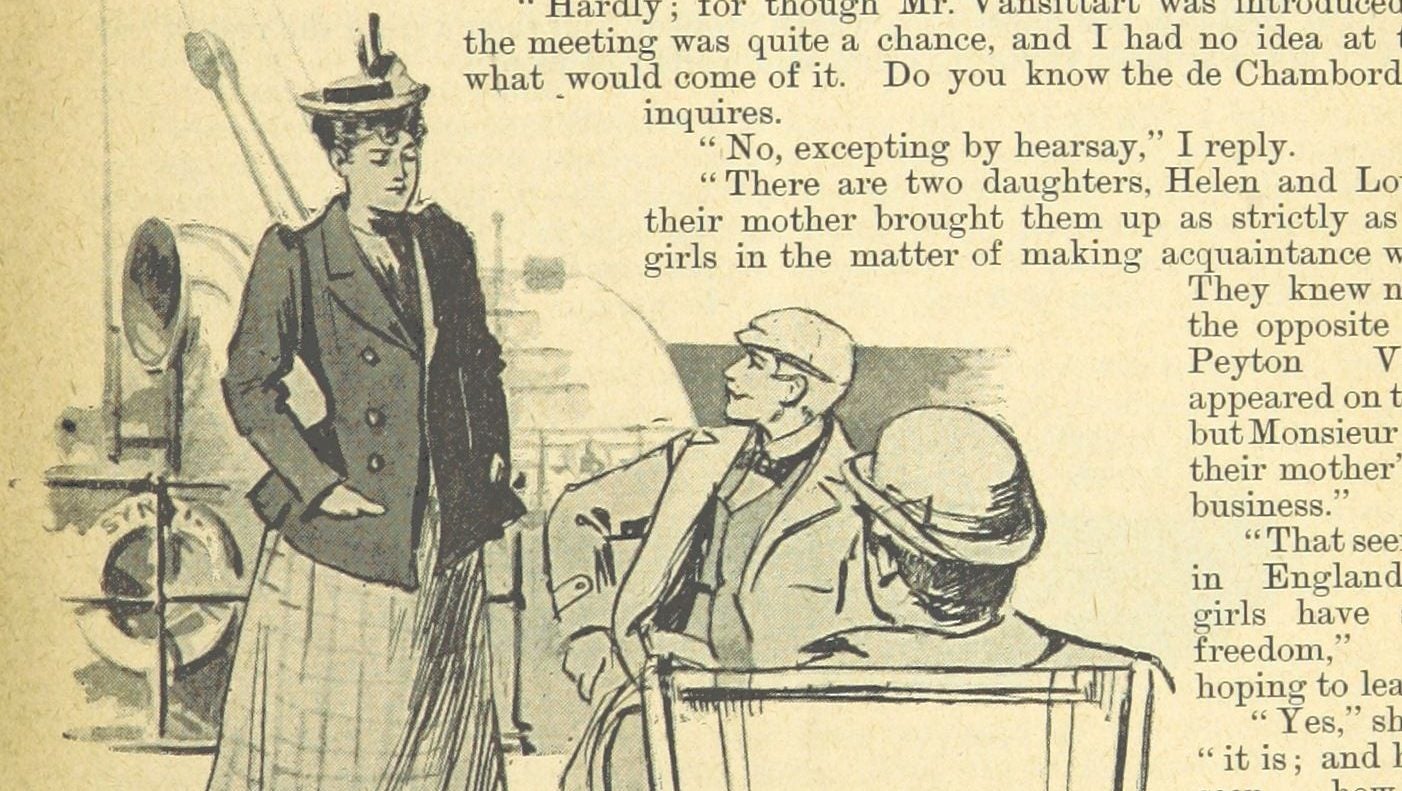In 1905, the titans of publishing said what they really thought of women writers
Has feminism gone too far? Are women taking over in fields where, let’s be honest, men are more naturally suited? A century ago, America’s liberal elite asked the exact same questions as those people today who feel men are under attack, and that diversity measures are just veiled PC police work.


Has feminism gone too far? Are women taking over in fields where, let’s be honest, men are more naturally suited? A century ago, America’s liberal elite asked the exact same questions as those people today who feel men are under attack, and that diversity measures are just veiled PC police work.
This day in 1905, the New York Times published ”The Rivalry of the Sexes in Literature: Is Woman Crowding out Man from the Field of Fiction?” Big American book publishers at the time–and the white men who ran them—gave the Times their answers (pdf).
The responses ranged. Many were benign, even relatable, by today’s standards. They also contained plentiful gentle patronizing toward women, with one overtly sexist response.
“Good literature—who cares whether it comes from men or from women? The more from both the better,” wrote Walter H. Page of then-Doubleday, Page, and Co., which later become Doubleday, today a part of Penguin Random House. “No publisher, to my knowledge, takes the sex question into consideration in weighing the worth of a manuscript,” Robert McClure of McClure, Phillips and Co. wrote, implausibly, “Men and women have equal chances—absolutely equal.”
Two publishers responded that women had had success so far in writing popular fiction—but not yet in literature that would last the ages. A man from the bookseller Brentano’s, presumably then-president Simon Brentano, wrote that a woman was simply incapable of writing great novels. ”Can women mentally grasp history complete on all sides, deduct and recast, and transmit the same in an orderly and illuminative manner as has been done by the authorities of the classical, middle, and modern periods?” he said.
And a few praised women using the still pernicious argument that they are by nature concerned with, and more suited toward, “softer” topics. One said women have succeeded in fiction because they are “experts in emotional analysis” and another thanked women for bringing a focus on “humanitarian motives” and “the finer things of the spirit” to novels.
Though some of the quotes from the Times story could be ripped from a publisher press release today, one thing is different. Today, American book publishers wouldn’t stop at saying women and minorities are just as capable as white or male writers; at least on the surface, they seem to recognize a responsibility to actively course correct for centuries of cultural overproduction by white men.